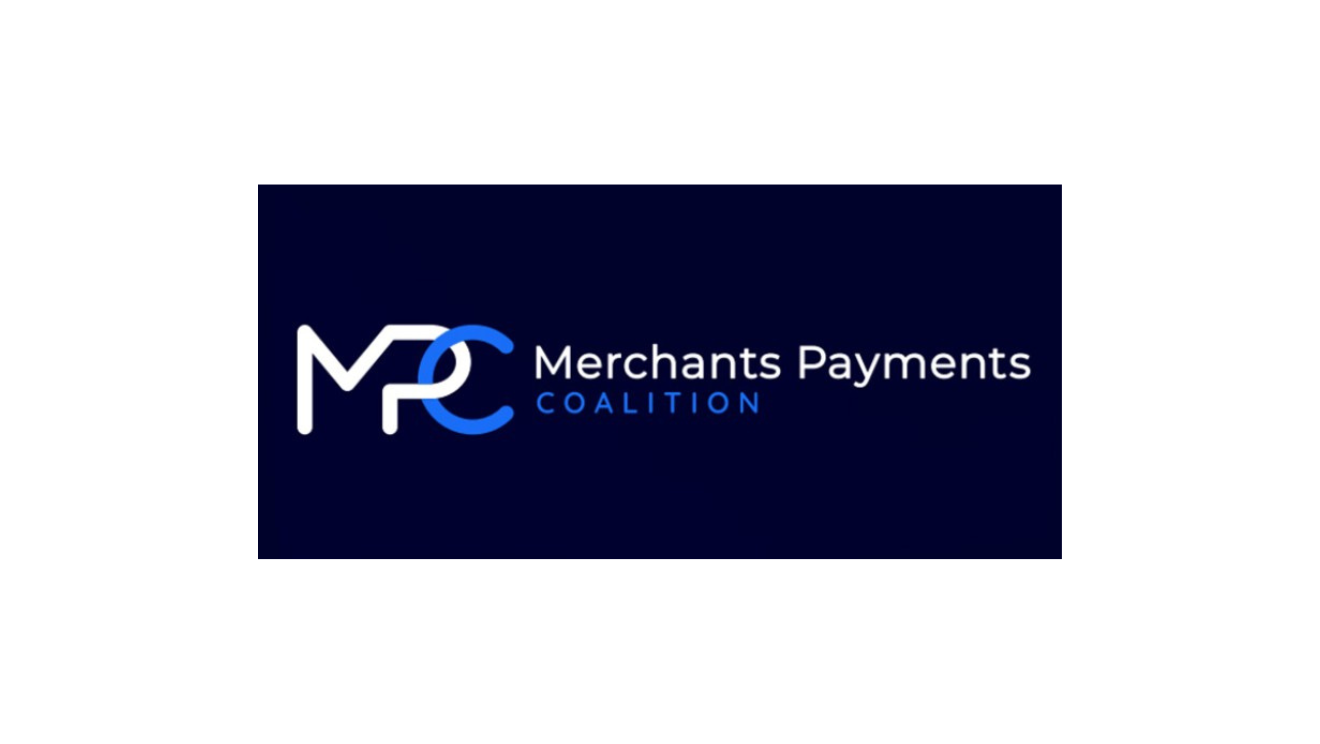WASHINGTON, D.C. (November 9, 2025) — The Merchants Payments Coalition (MPC) said a proposed settlement reported to be released soon in longstanding antitrust litigation over Visa and Mastercard’s credit card “swipe” fee practices fails to overcome U.S. District Judge Margo Brodie’s reasons for rejecting the last settlement and should also be rejected.
“Achieving a settlement that works to reverse current illegal and anticompetitive practices of Visa and Mastercard should be straightforward but this attempt fails once again and should be rejected,” said Jennifer Hatcher, MPC Executive Committee member and Food Industry Association Chief Public Policy Officer. “The courts have emphatically rejected these settlements twice but now the card industry is trying again to get legal protection while offering little in return to merchants. Under this proposal, Visa and Mastercard would get to keep fixing swipe fees while Main Street businesses and customers would pay the price.
“It is now clearer than ever that Congress needs to pass the Credit Card Competition Act to fix our nation’s broken payments system. Small businesses and American consumers can’t afford to keep paying cartel fees on cards that drive up prices by billions of dollars a year.”
The proposed settlement, which was reported November 8 by the Wall Street Journal, is associated with a 2005 class-action lawsuit alleging that Visa and Mastercard, which control 80% of the market, violate federal antitrust law by centrally price-fixing swipe fees charged by all banks that issue cards under their brands..
An earlier settlement was overturned by the 2nd U.S. Circuit Court of Appeals in 2016 after merchants said it would do nothing to change the cartel-like pricing practice. In 2024, a proposed new settlement was rejected by Judge Brodie, who said it did not adequately address the price-setting structure and expressed concern that Visa and Mastercard’s “honor all cards” rule makes merchants accept all cards from all banks regardless of swipe fee rates charged and the banks’ refusal to compete on the fees.
The WSJ report did not indicate that the reported proposal would do anything to address Visa and Mastercard’s price-fixing. Instead, the report said the proposal would lower swipe fees by around one-10th of a percentage point for “several” years.
Hatcher said the proposed reduction is inadequate because it would be a only a fraction of the average 2.35% swipe fee charged to merchants to process transactions in 2024 and is roughly equivalent to the increase from 2023, when swipe fees averaged 2.26%. In addition, it would apply to interchange, the portion of swipe fees that goes to card-issuing banks, but there was no indication of a limit on network fees, which go to Visa and Mastercard.
“The miniscule reduction proposed in the settlement on bank fees could still allow Visa and Mastercard to be able to raise their own fees without any limits,” Hatcher said. “All of the supposed merchant and consumer savings could easily be canceled by Visa and Mastercard increasing their fees.”
In another illusory provision, Visa and Mastercard would reportedly modify the honor all cards rule, which forces merchants who accept regular cards with the average rate or less to also accept rewards and commercial cards with swipe fees as high as 4% or more. Under the provision, Visa and Mastercard would reportedly classify cards as credit cards with no rewards programs, rewards credit cards, and commercial cards. Merchants could choose which categories to accept but apparently would still be required to accept cards from every bank and all cards within a category.
“This makes a mockery of Judge Brodie’s admonition in her rejection of the previous settlement that any new settlement must deal with the honor all cards rule,” Hatcher said. “It ignores the fact that 85% of cards issued today are rewards cards and that merchants have no choice but to accept them. Banks would likely also have the power to move cards into different categories, effectively forcing merchants to continue to take all cards and pay their high prices.”
Swipe fees are a concern for businesses and consumers alike because they are most merchants’ highest operating cost after labor and too large to absorb, leading to higher prices. Swipe fees for Visa and Mastercard credit cards alone have more than quadrupled since 2010 to $111.2 billion last year. Total credit and debit card swipe fees hit a record $187.2 billion, driving up prices nearly $1,200 a year for the average family.
The reported settlement proposal comes as Congress is considering the Credit Card Competition Act in an effort to inject competition into the system. Swipe fees are rising largely because Visa and Mastercard block competition by centrally setting swipe fee rates and restricting processing to their own networks. Under the bill, banks with at least $100 billion in assets would enable credit cards to be processed over at least one unaffiliated network like Star, NYCE or Shazam in addition to Visa or Mastercard — similar to the way debit cards function. The measure is expected to result in competition over fees, security and service that would save merchants and consumers $17 billion a year.
NSGA is a member of the Merchants Payments Coalition (MPC).
Topics
Judge Margo Brodie Jennifer Hatcher MPC Swipe Fees Merchants Payments Coalition Visa Mastercard



 Back
to News
Back
to News
